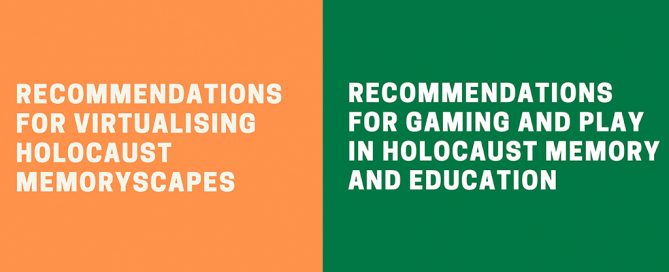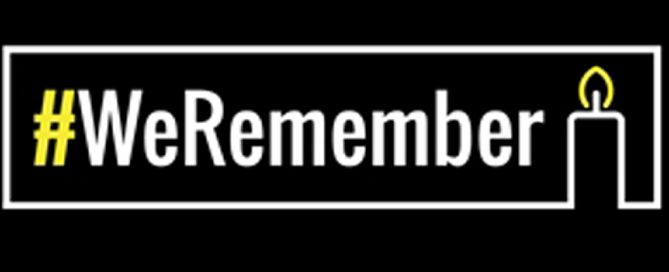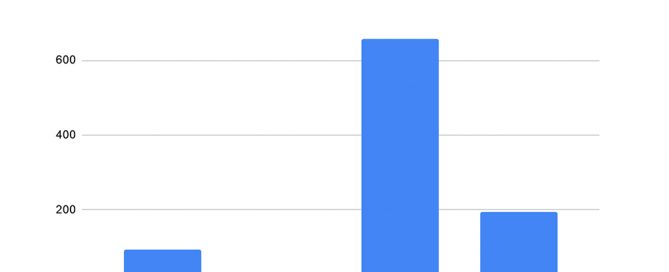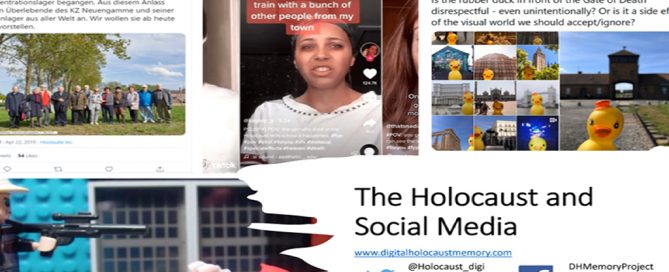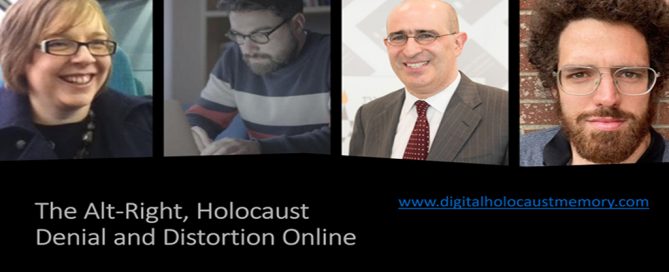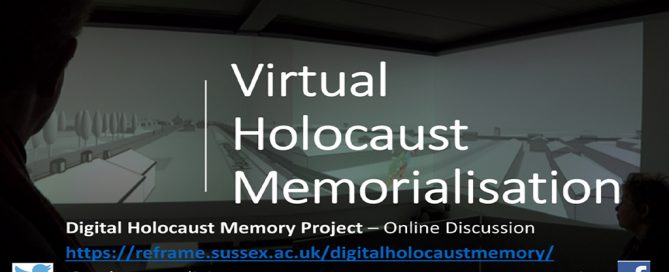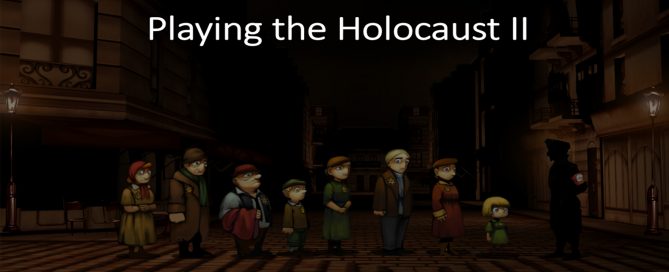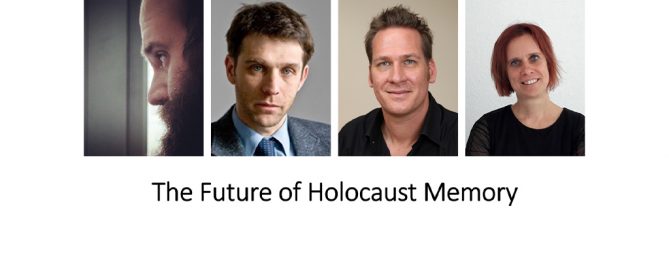Beyond the Single Story: How Computer Games can Transform Holocaust Education
by Austin Xie, International Junior Research Associate, The University of Chicago Austin Xie is spending two months with us here at the Landecker Digital Memory Lab as part of the University of Sussex’s International Junior Research Associates (IJRA) programme. Here, in the first of two blogs, he tells us about himself and his plans. I’ve loved games my whole life. In elementary school, that meant the imagination games I played with friends and our own innovation of freeze tag (’freeze or tag’ — freeze everyone, or pass it on). In middle and high school, it became the video games we played and those we fantasized about designing. So later, at the University of Chicago, it was a magical moment for me to see and take Critical Videogame Studies as part of my English major—and shortly after, cross-listing it with my newly declared second major: Media Arts and Design (MAAD), with a ‘cluster focus’ in games. That same kind of magic manifested in my eyes during my first Zoom meeting with Dr. Victoria Grace Walden, here at University of Sussex in the Landecker Digital Memory Lab, when she said I could work with games. She noticed that ‘look’ instantly. That magic comes from the things [...]

